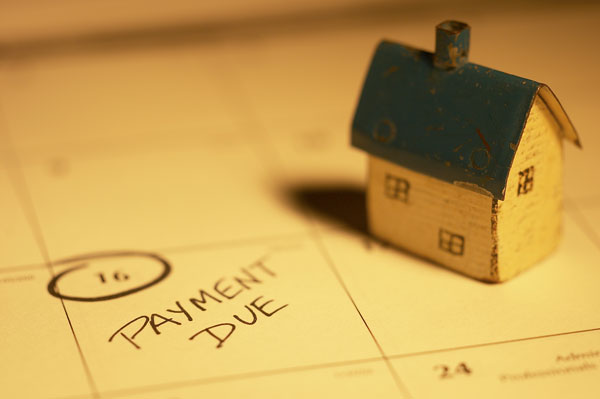Household Bills
Charity blasts councils for using bailiffs to collect debts

The number of people seeking help with council tax debts has soared to the highest in 26 years, a debt charity has revealed.
According to the Money Advice Trust, there has been a 40% increase in the last five years alone in the number of people who are in council tax debt.
The charity believes the rise is partly down to the increasing use of bailiffs to collect debts owed to local authorities.
The charity also said 2012 was a record year for calls relating to parking penalty charges, another local authority-collected debt, with calls increasing 160%.
Joanna Elson, chief executive of the Money Advice Trust, said: “Local authorities are behind the curve when it comes to debt collection.
“Over the last five years many commercial creditors have come to understand that helping people who are struggling to repay debts find a sustainable repayment plan makes good business sense. In what are difficult times for local authorities they could benefit from taking a more considered approach to debt collection.
“Appointing bailiffs to collect debts all too often benefits no one but the bailiff. The evidence is clear: bailiffs can cause severe financial and psychological distress. We have heard from many thousands of people who have been subjected to poor bailiff practices, some for debts as little as a £50 parking penalty charge, that have resulted in serious financial difficulty.”
The Money Advice Trust is encouraging local councils to sign up to ‘ Good practice protocol’ for council tax arrears agreed by Citizens Advice and the Local Government Association – which requires councils to reconsider their view of debt collection and ways around the issue that benefits all parties.
Elson added: “If you are worried about debts owed to local authorities, seek some free advice straight away, as the rules and regulations are extremely complicated. Advice is available over the phone at National Debtline, online at My Money Steps, or face-to-face at your local Citizens Advice Bureaux. Self-employed people or small business owners can contact Business Debtline for free advice.”